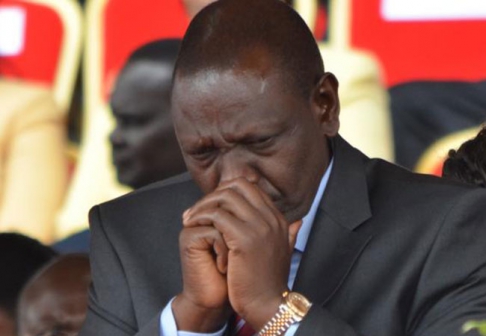×
The Standard e-Paper
Stay Informed, Even Offline

The report of the Assembly of State Parties on Thursday reaffirming the non-retroactivity of Rule 68 does not beat the considerations made by judges while deploying the rule against Deputy President William Ruto.
In their August 19 decision, trial judges Olga Herrera Carbucia and Robert Fremr said the 2013 ASP which amended the rule failed to include any express time limitation as to when it would apply.